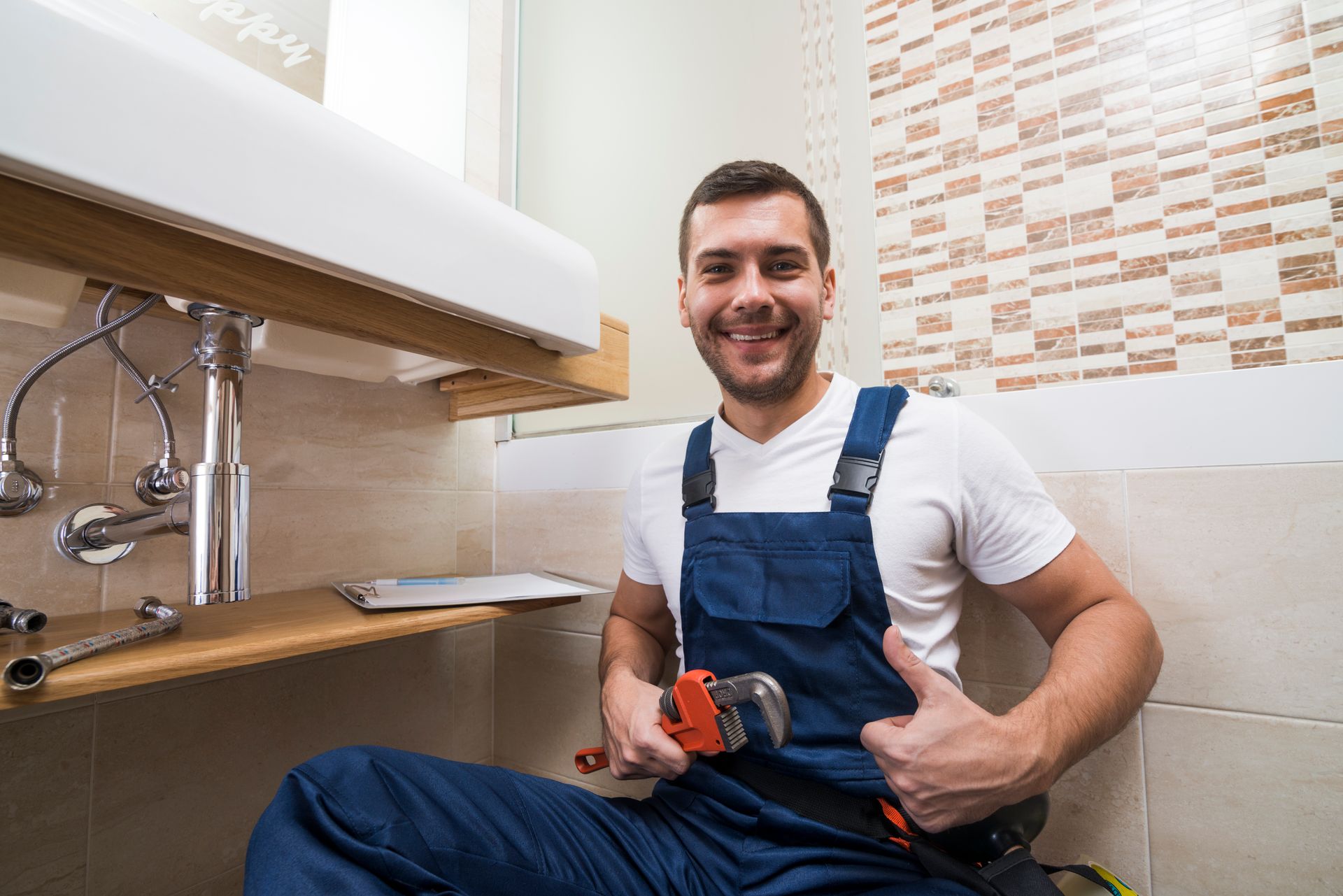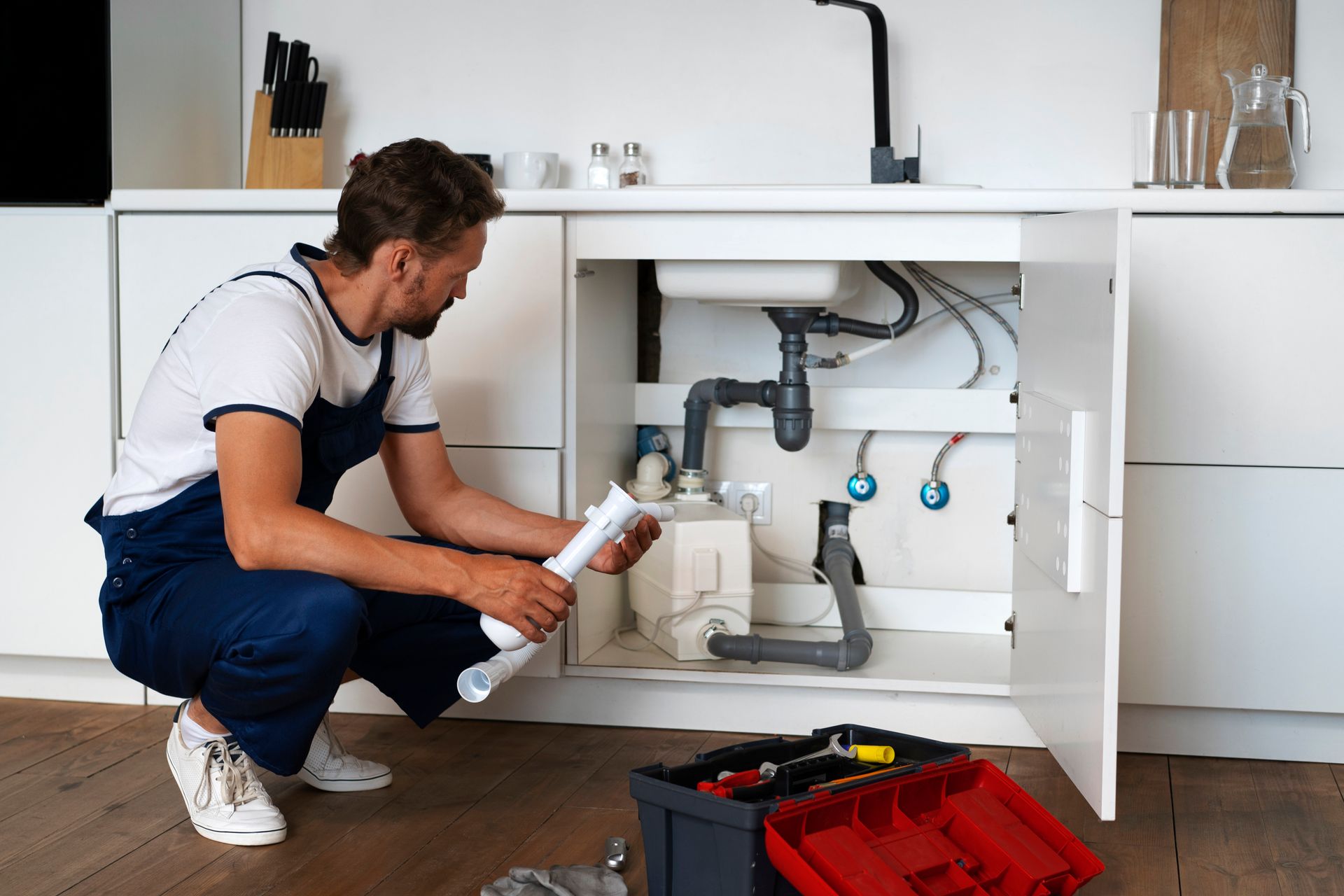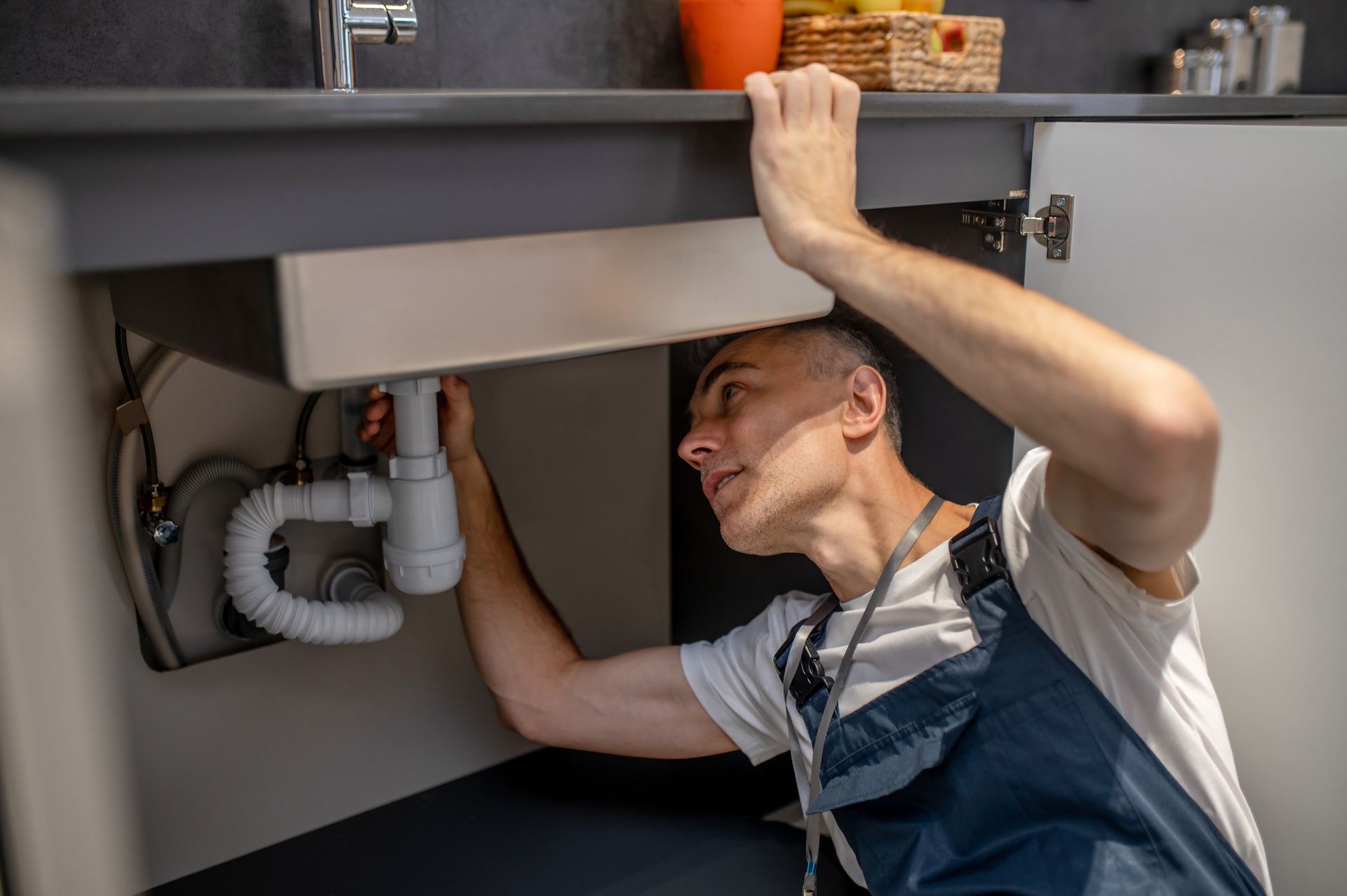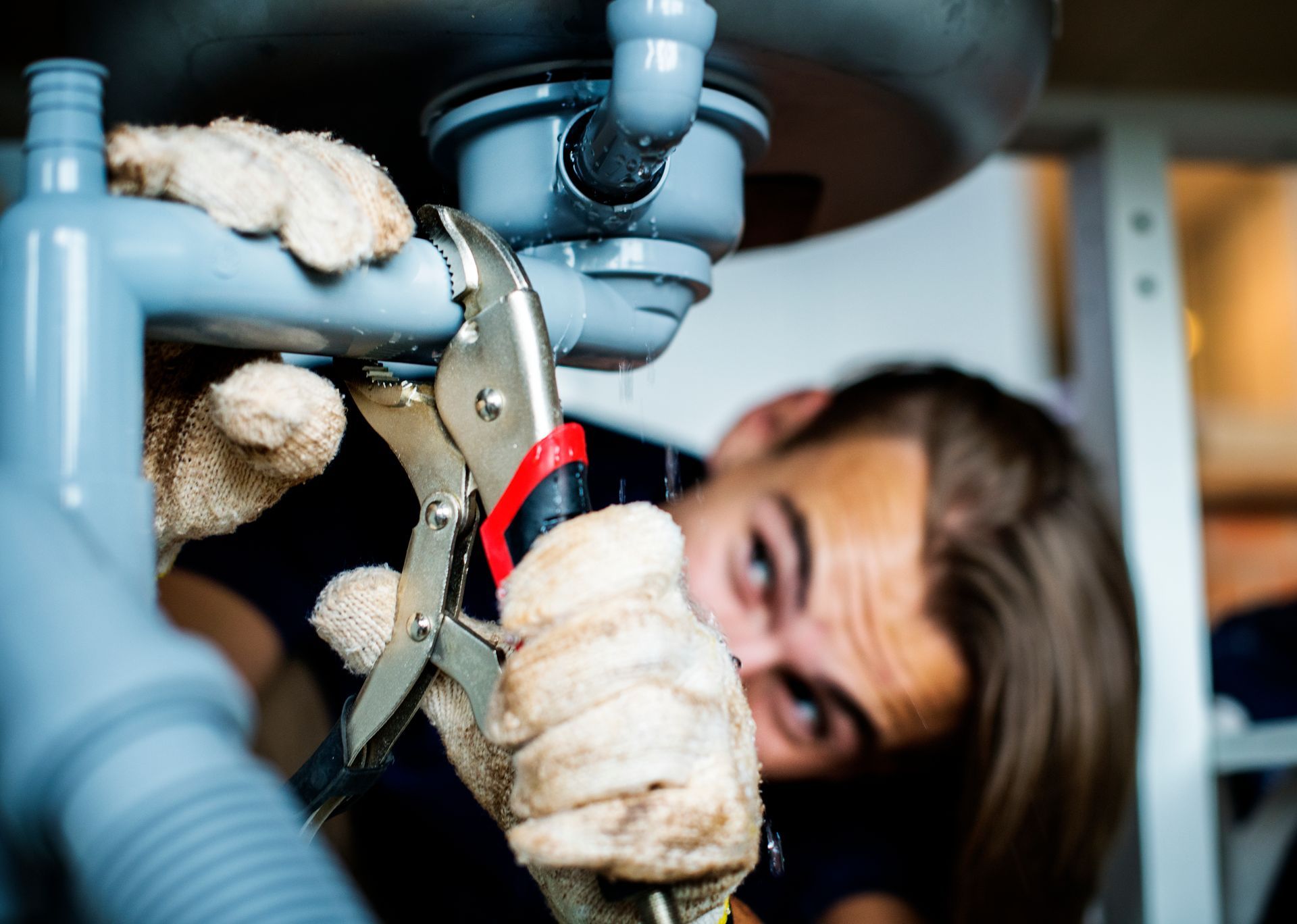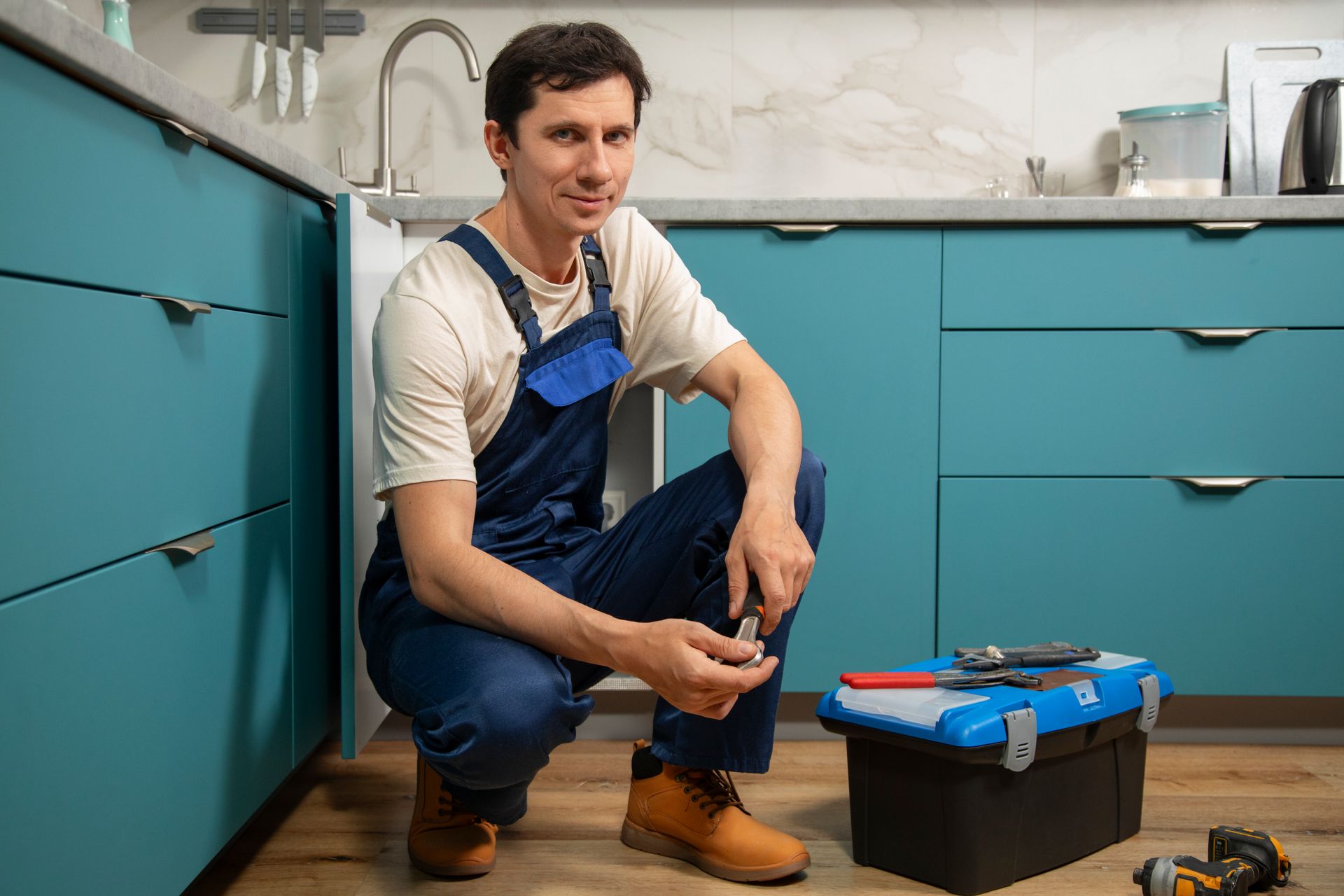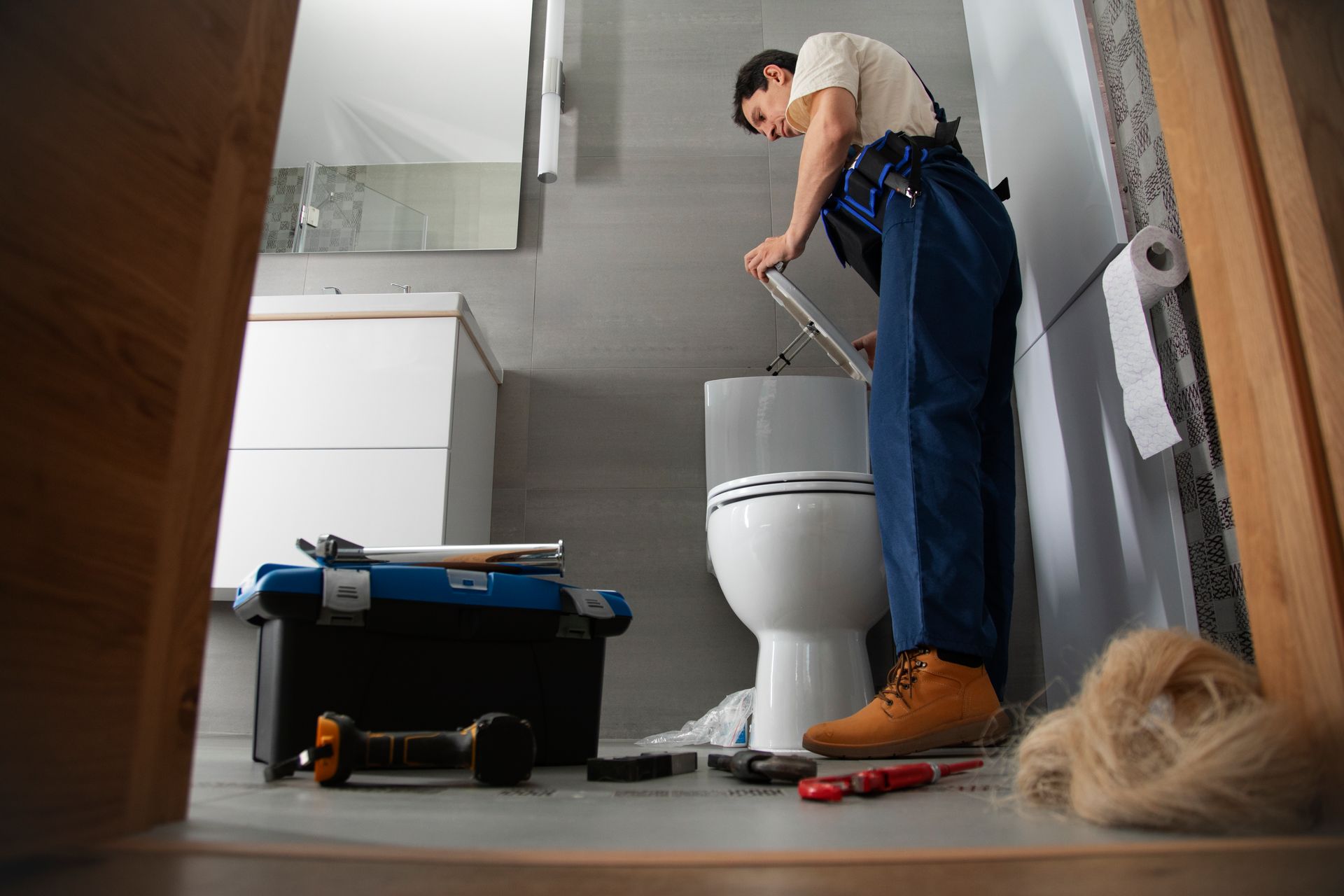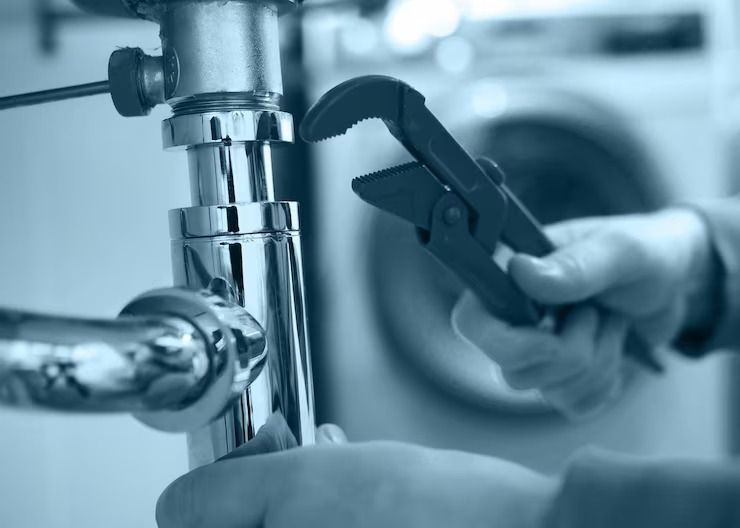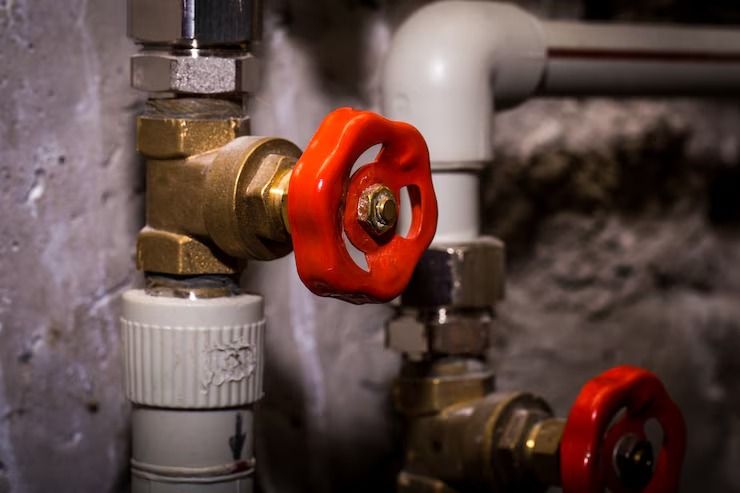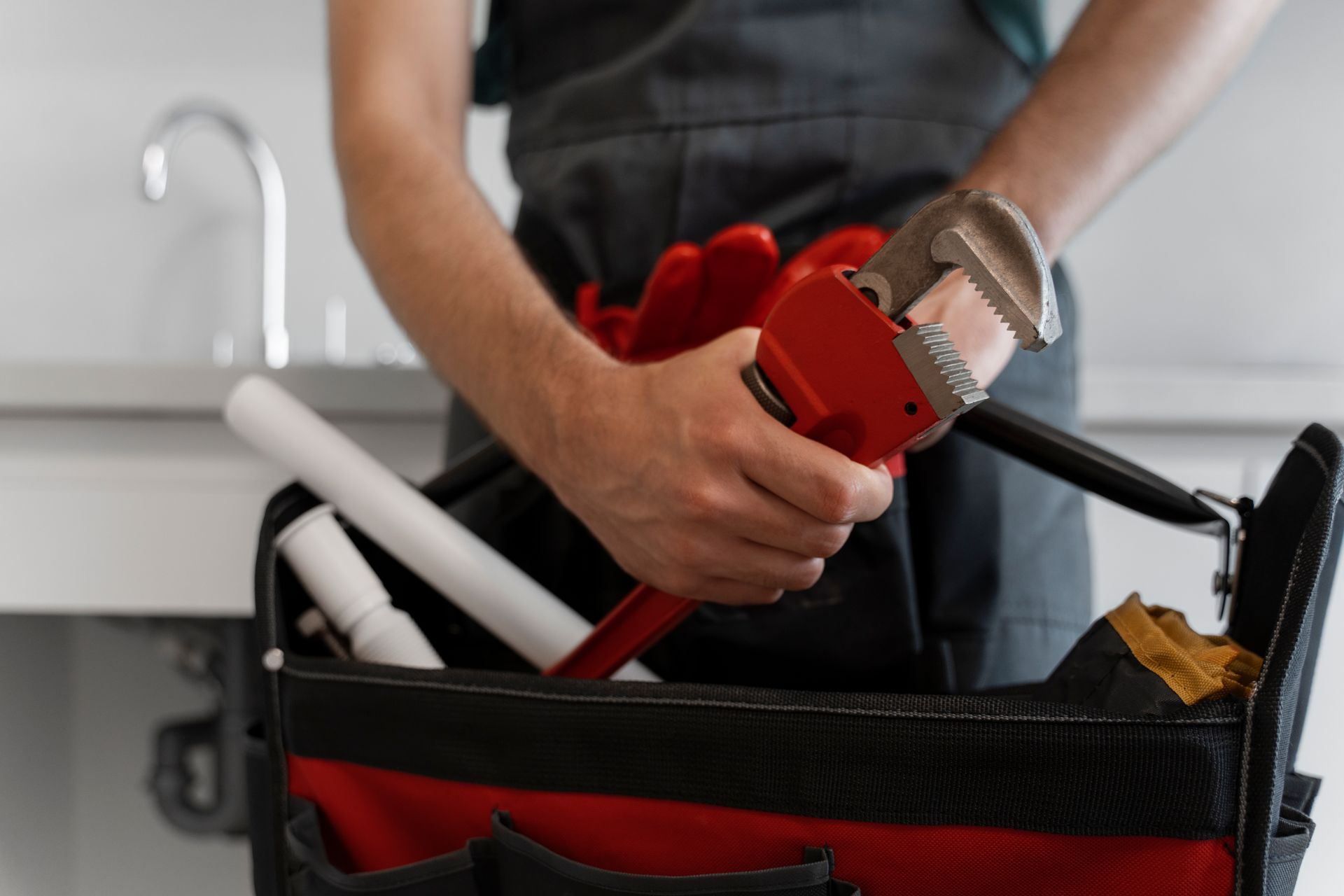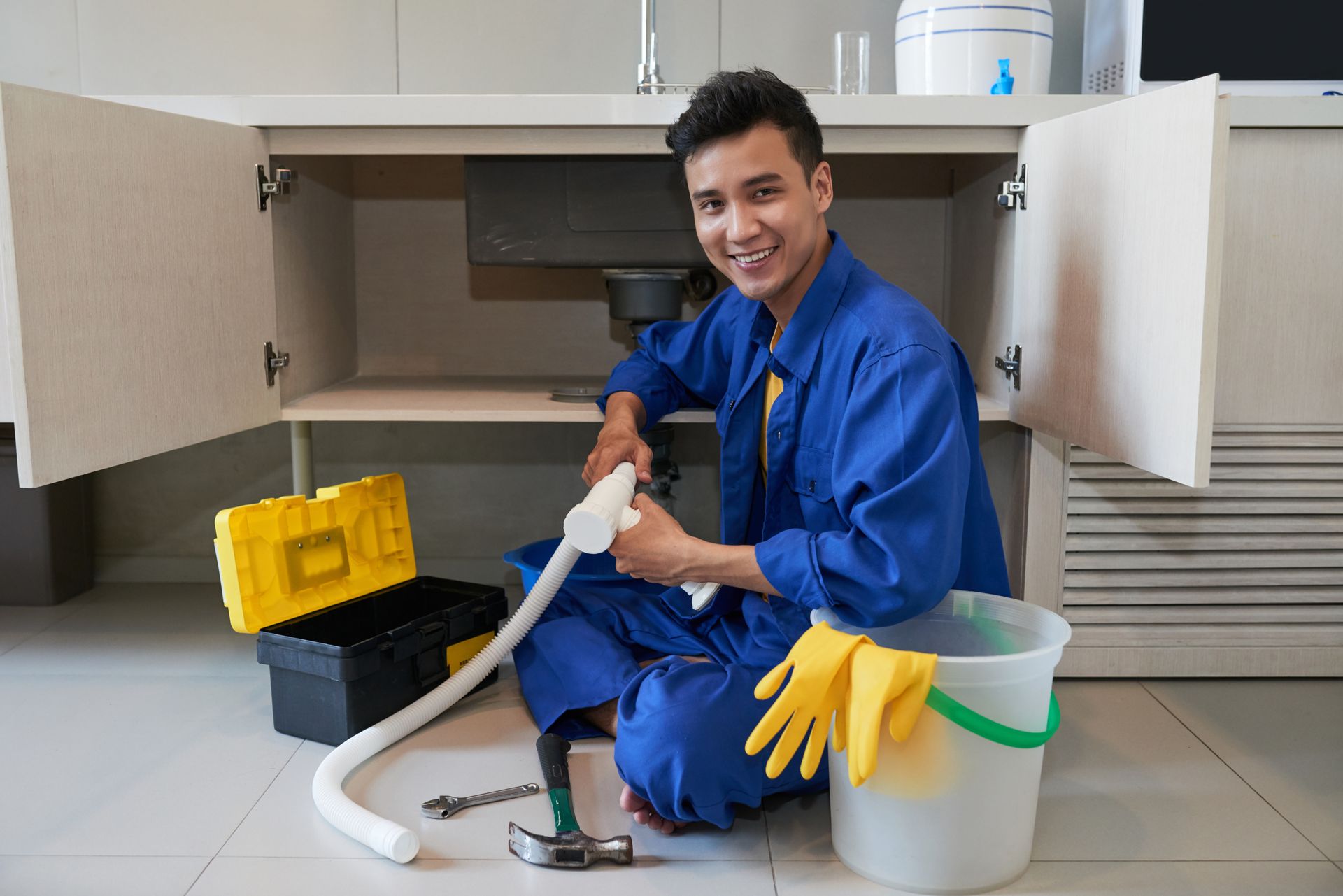Top Plumber Tips for Homeowners You Need to Know
When it comes to plumbing, the last thing any homeowner wants is an unexpected issue that turns into a big, costly problem. Whether you're dealing with minor leaks or trying to figure out why your water pressure keeps fluctuating, understanding the basics of plumbing can save you time, money, and stress. At Plunger Plumber, we’ve seen it all, and we’re here to share some of the most essential tips every homeowner should know. These simple yet effective plumbing practices can help you avoid common issues and keep things running smoothly. Get ready to learn how a few quick fixes and maintenance habits can make a world of difference for your home’s plumbing system.
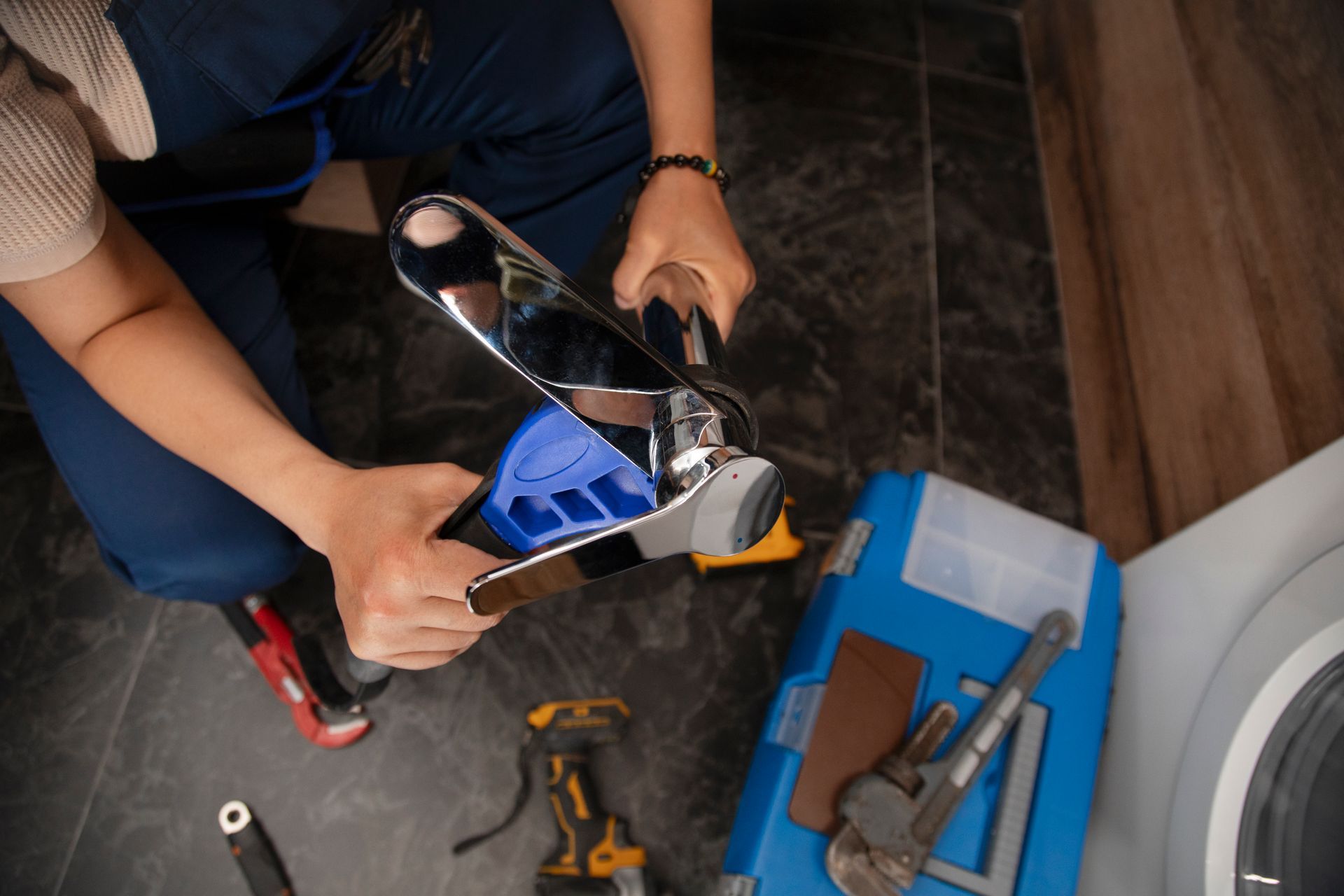
Quick Fixes for Common Plumbing Problems Every Homeowner Can Handle
Plumbing issues can sometimes feel overwhelming, but many common problems are simple to fix on your own. Leaky faucets are one of the most frequent issues, and replacing the washer or tightening the faucet can often solve the problem. For clogged drains, using a plunger or a drain snake can clear most blockages. A running toilet is another common issue that can often be fixed by adjusting the flush valve or replacing the flapper. With a few basic tools and some patience, you can handle many of these issues yourself.
Of course, there are limits to DIY repairs, and it's essential to know when to call in the pros. However, by handling simple repairs yourself, you can save money and avoid the hassle of waiting for a plumber to arrive. Taking a proactive approach to these issues helps maintain a smoothly running plumbing system.
How to Spot Plumbing Issues Before They Become Costly Repairs
Identifying plumbing problems early on can save you thousands in future repairs. Start by regularly checking for signs of leaks under sinks, around toilets, and near appliances. Even a small drip can lead to water damage over time. Also, look for water stains on ceilings or walls, which could indicate a hidden leak in your pipes. Keep an eye on your water bill as a sudden increase could point to a leak.
Another area to inspect is your water pressure. If it suddenly drops or fluctuates, it could signal an underlying issue like a clogged pipe or a faulty pressure regulator. Early detection is crucial, as many plumbing problems worsen if left unchecked. By staying vigilant and acting quickly, you can avoid expensive repairs and keep your plumbing in good shape.
Simple Plumbing Maintenance Tips to Extend the Life of Your Pipes
Routine plumbing maintenance can help prevent major problems from occurring and extend the lifespan of your pipes. Start by periodically checking your water heater to ensure it's functioning correctly and draining sediment that can build up. You should also clean faucet aerators and showerheads, as mineral buildup can reduce water flow over time.
Another essential task is to regularly inspect your pipes for any signs of wear or leaks. If you live in a colder climate, make sure to insulate your pipes during winter to prevent freezing. Regularly cleaning out drains and using drain covers can also reduce the risk of clogs. By keeping up with these simple tasks, you'll prevent issues before they become major headaches, helping your plumbing system last longer.
How to Improve Water Pressure Without Breaking the Bank
Low water pressure can be a real frustration, but there are several simple and affordable ways to improve it without calling in a plumber. One of the first things to check is your faucet aerators and showerheads. These can become clogged with mineral buildup, which restricts water flow. Cleaning or replacing these can provide a noticeable improvement in water pressure.
Another way to improve water pressure is by checking your water valve. If it's not fully open, your water flow may be restricted. For a more significant change, installing a water pressure booster pump can help improve the flow, especially in larger homes. These simple, cost-effective fixes can often solve the problem, making a huge difference in your home’s plumbing efficiency without breaking the bank.
Essential Tools Every Homeowner Should Have for Plumbing Emergencies
Being prepared for a plumbing emergency means having the right tools on hand. At the very least, every homeowner should own a plunger, which is essential for clearing clogs in sinks, toilets, or tubs. A drain snake is another must-have tool for more stubborn blockages that a plunger can't handle. Additionally, a pipe wrench is invaluable for tightening or loosening pipes, while a pair of slip-joint pliers can help with various plumbing tasks.
Having pipe sealant tape and some basic replacement parts, like washers and faucet stems, can also save you time during minor repairs. Keeping these items in a designated tool kit can make it easier to fix small plumbing problems quickly before they escalate into larger, more expensive issues. Being prepared can save both money and frustration when plumbing emergencies arise.
Prevent Clogs and Leaks with These Pro Tips for Your Home’s Plumbing
Prevention is key when it comes to plumbing maintenance. One of the most important steps in preventing clogs is to avoid putting grease, coffee grounds, or fibrous materials like potato peels down your drains. Using drain strainers to catch hair and debris in the shower and sink can also prevent buildups that lead to clogs.
For leaks, regularly checking pipe fittings, hose connections, and water appliances for wear and tear is vital. If you notice any signs of moisture, it's important to fix the issue before it turns into a bigger problem. Additionally, investing in water-efficient appliances and using non-corrosive materials in your plumbing can help prevent leaks and damage over time. These small, proactive steps are the best way to keep your plumbing system in top condition.
What to Do If You Have a Burst Pipe: A Step-by-Step Guide
A burst pipe is one of the most urgent plumbing emergencies, and knowing how to act fast can minimize damage to your home. First, immediately turn off your water supply at the main valve to stop the flow of water. Next, open your faucets to drain any remaining water from the pipes. This helps reduce further damage and flooding.
After addressing the water flow, assess the damage and contact a professional plumber as soon as possible. In the meantime, you may want to use towels or a mop to contain the water, especially if it's coming from a visible leak. By acting quickly, you can prevent water from soaking into walls, floors, and furniture, which can lead to extensive repairs.
How to Save Money on Plumbing: Preventive Tips That Work
Plumbing repairs can be expensive, but with a bit of prevention, you can save a significant amount of money over time. One of the most effective ways to reduce plumbing costs is by regularly inspecting your pipes for any signs of leaks or corrosion. Early detection can prevent costly repairs down the road.
You can also save by being mindful of what you put down your drains. Avoid flushing non-degradable items and be careful about what you put in your garbage disposal. Installing water-saving fixtures like low-flow toilets and showerheads can also reduce water usage and lower your utility bills. With a few preventive measures, you can extend the life of your plumbing system and avoid costly repairs.
Conclusion
Keeping your plumbing in good condition doesn’t have to be overwhelming. By following these practical tips, you can address minor issues before they turn into costly repairs, extend the life of your pipes, and improve the efficiency of your home’s plumbing system. Whether it’s learning to spot early signs of leaks, knowing how to clear a drain, or understanding the basics of water pressure, these tips empower you to take charge of your plumbing maintenance.
When you need expert help or run into a plumbing emergency,
Plunger Plumber is just a phone call away. Serving Cleveland, Ohio, we’re dedicated to providing reliable, affordable plumbing services. Give us a call at (216) 399-7569, and let our experienced team take care of all your plumbing needs. We're here to help keep your home’s plumbing running smoothly.
Ready to work with Plunger Plumber?
Let's connect! We’re here to help.
Send us a message and we’ll be in touch.
Or give us a call today at (216) 616-1468

